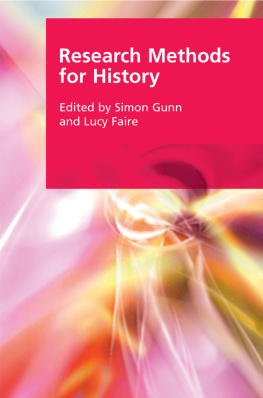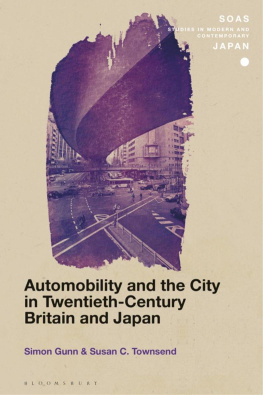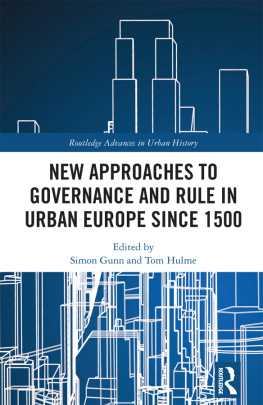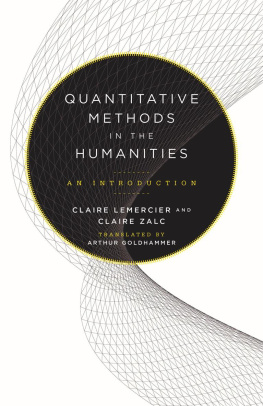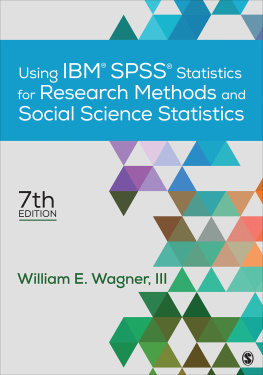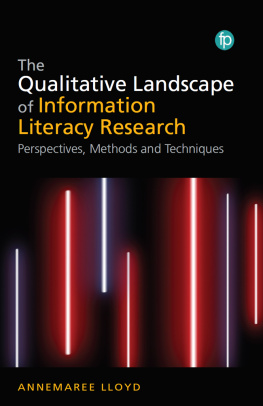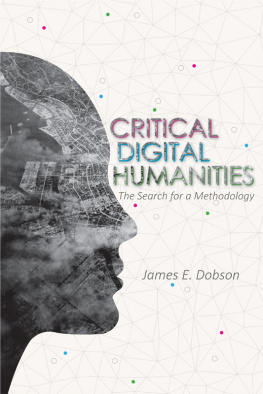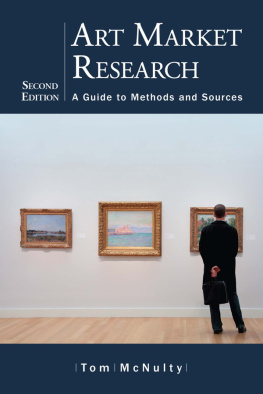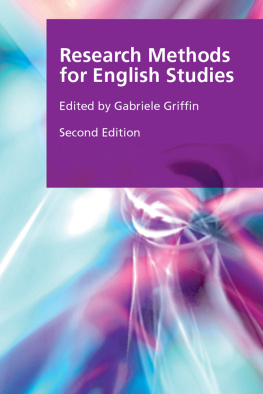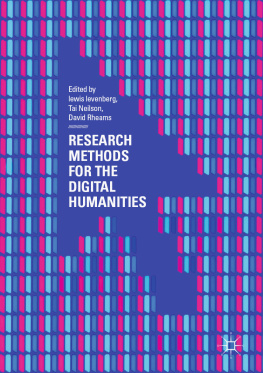Research Methods for History
RESEARCH METHODS FOR THE ARTS AND HUMANITIES
Published Titles
Research Methods for English Studies
Edited by Gabriele Griffin
Research Methods for Law
Edited by Mike McConville and Wing Hong Chui
Research Methods for Cultural Studies
Edited by Michael Pickering
Practice-led Research, Research-led Practice in the Creative Arts
Edited by Hazel Smith and Roger T. Dean
Research Methods in Theatre and Performance
Edited by Baz Kershaw and Helen Nicholson
Forthcoming Titles
Research Methods for Memory Studies
Research Methods for Film Studies
Research Methods for Linguistics
Advisory Board
Professor Geoffrey Crossick, Vice-Chancellor, University of London
Professor Warwick Gould, Director, Institute of English Studies, University of London
Professor Angela McRobbie, Media and Communication Studies,
Goldsmith's College, University of London
Professor Robert Morris, formerly History, University of Edinburgh
Professor Harold Short, Director of the Centre for Computing in the
Humanities (CCH) at King's College, University of London
www.euppublishing.com/series/rmah
Research Methods for History

Edited by Simon Gunn and Lucy Faire
Edinburgh University Press
in this edition Edinburgh University Press, 2012
in the individual contributions is retained by the authors, 2012
Edinburgh University Press Ltd
22 George Square, Edinburgh
www.euppublishing.com
Reprinted 2012
Typeset in 11/13 Ehrhardt by
Servis Filmsetting Ltd, Stockport, Cheshire, and
printed and bound in Great Britain by
CPI Group (UK) Ltd, Croydon cr0 4yy
A CIP record for this book is available from the British Library
ISBN 978 0 7486 4205 2 (hardback)
ISBN 978 0 7486 4204 5 (paperback)
The right of the contributors
to be identified as authors of this work
has been asserted in accordance with
the Copyright, Designs and Patents Act 1988.
Contents

Acknowledgements

This book had its origins in a workshop on research methods in history held under the auspices of the Centre for Urban Culture at the University of Nottingham in June 2008. We would like to thank the Centre and Nottingham for funding the workshop and Richard Goddard and Helen Meller for their role in getting it under way; Richard in particular was indefatigable in his enthusiasm and practical support for the event. Many of the chapters in this volume were first presented at Nottingham and were shaped by discussions during the event. A number of other contributors came on board later, though their expertise was frequently sought as a result of gaps identified in the course of the workshop. Our gratitude also goes to numerous people who participated in the general debates, including Marcus Collins, Stephen Daniels, Richard Jones and Stephen Legg, and to Chris A. Williams for his comments on the Introduction. On the publishing side we would like to thank the series editor, Gabriele Griffin, and Jackie Jones at Edinburgh University Press, for their patience during the lengthy period of putting the book together.
At the Centre for Urban History, Leicester we have benefitted from a large number of committed and talented Masters and PhD students with whom we have discussed many of the issues raised by this book in classes, seminars and in the pub. Simon would like to thank in particular Gary Davies, Jo Dixon, Paul Fletcher, Tom Hulme, Jon Mitchell and Tim Verlaan it is you who make it worthwhile.
Simon Gunn and Lucy Faire
Leicester, 2011
List of Figures and Tables

FIGURES

TABLES

CHAPTER 1
Introduction: Why Bother with Method?

Simon Gunn and Lucy Faire
T his book is about research methods in history, specifically those branches identified with the humanities: cultural history, political history and elements of other branches such as social history. By research methods we mean here the tools or techniques appropriate to history as a field of study, together with methodology or the larger principles which underpin the tools and techniques, and justify their usage. We take methods in both these senses to be a defining feature of any discipline or field of knowledge; how historians construct and investigate their object of study is one means by which history is distinguished from other disciplines that also have an interest in the past, such as archaeology or English studies.
In planning and writing the book we have been very conscious of the fact that research methods have all but disappeared as a component of historiography and a subject of debate among historians. In fields such as economic and demographic history, quantitative methods continue to be required as a preliminary to scholarly work and are taught as part of postgraduate training. But these have become twilight zones of the larger discipline; indeed, it is precisely the requirement for method as well as numeracy that is often blamed for the waning popularity of economic history at all levels. In large swathes of social, cultural and political history by contrast, dissertations, theses and books are written with barely a nod towards methodology. The influence of cultural history and the ubiquitous reference to narrative and identity are sometimes cited as factors here, though there appears to be no clear reason why they should obviate a consideration of matters of definition, procedure and analytical approach. More generally, the wholesale critique of an earlier social structural history which accompanied the cultural turn of the 1980s and 1990s appeared to sweep away much of the infrastructure that attended it, from data sampling to grand narratives. Histories have become stories we tell about ourselves.

